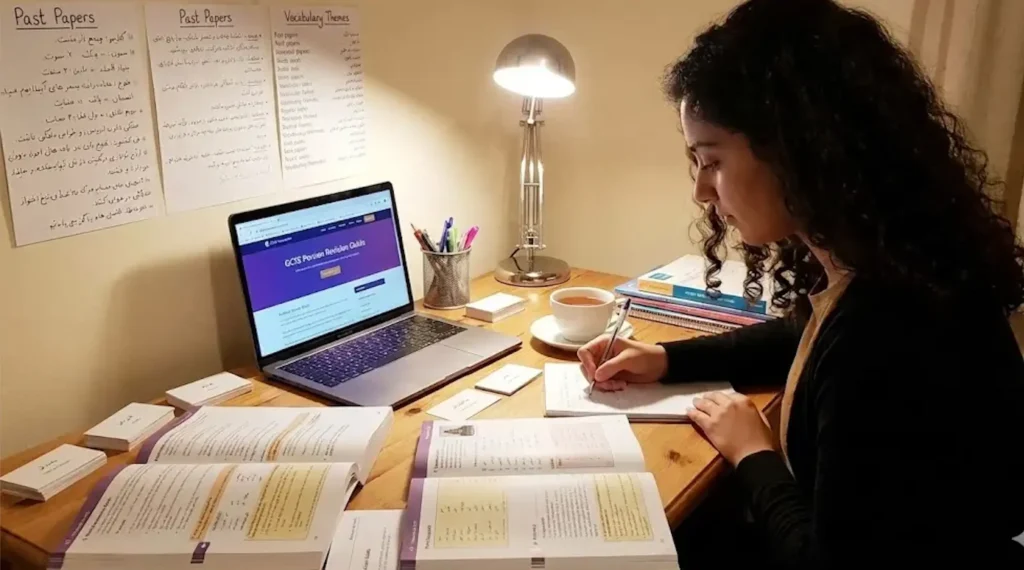Discover the Beauty and Depth-of Persian Poems
Persian poetry has captivated readers for centuries with its profound beauty and timeless wisdom. From the grand epics of ancient times to the lyrical verses of Sufi mystics, Persian literature offers a rich tapestry of themes, styles, and emotions. In this article, we’ll discover the beauty and depth of Persian poems, introduce some of its greatest poets, and highlight the enduring legacy of this magnificent literary tradition.
The Essence of Persian Poetry
Persian poetry, often called poetry in Farsi, is renowned for its lyrical beauty, philosophical depth, and emotional resonance. It’s a treasure trove of literary masterpieces that reflect Persia’s rich cultural and historical heritage, now modern-day Iran. Whether it’s the mystical verses of Rumi or the epic tales of Ferdowsi, Persian poetry has a unique ability to touch the soul and inspire profound reflection.
Great Persian Poets and Their Contributions
Omar Khayyam
One of the most celebrated figures in Persian poetry is Omar Khayyam, whose quatrains, or Rubaiyat, have been translated into numerous languages. Edward FitzGerald’s translation of Khayyam’s works introduced the Western world to this great Persian poet’s philosophical and existential musings.
Ferdowsi and the Book of Kings
Ferdowsi, another towering figure in Persian literature, authored the “Shahnameh” (Book of Kings), the national epic of Persia. This monumental work, written in verse form, chronicles the history of Iran from its mythical origins to the Islamic conquest in the 7th century. Ferdowsi’s masterful storytelling and poetic brilliance have cemented his place as one of the greatest Persian poets ever.
Rumi and Sufi Mysticism
Jalal al-Din Muhammad Rumi, often simply known as Rumi, is celebrated for his Sufi mystic poetry. His works explore themes of divine love, spiritual longing, and the unity of existence. Written in the 13th century, Rumi’s poetry continues to resonate with readers worldwide, transcending cultural and linguistic boundaries.
Saadi and Hafez
Saadi and Hafez are other luminaries in Persian literature. Saadi’s “Gulistan” and “Bustan” are moral and ethical philosophy masterpieces. At the same time, Hafez’s “Divan” is a collection of lyric poetry that delves into love, spirituality, and the human condition.
Persian Poetry in Modern Times
Persian poetry has not remained static; it has evolved and adapted to the changing times. The 20th century saw the emergence of modern Iranian poets who blended traditional forms with contemporary themes.
These poets addressed social issues, political struggles, and personal reflections, enriching Persian literature with new perspectives and voices. Figures like Forough Farrokhzad and Ahmad Shamlou pushed the boundaries of poetic expression, infusing their works with a modern sensibility while retaining the essence of Persian poetic traditions.
Present-Day Iran
In modern-day Iran, poetry remains a vibrant and integral part of cultural life. Poetry readings, festivals, and literary gatherings are common, reflecting the enduring love and respect for this art form. Young poets continue to draw inspiration from the works of their predecessors while forging new paths in Persian poetry. The digital age has also opened new avenues for poets to share their work, reaching global audiences through social media and online platforms.
The Unique Characteristics of Persian Poetry
With its melodic cadence and rich vocabulary, the Persian language lends itself beautifully to poetry. Persian poems often feature intricate rhyme schemes, metaphorical language, and profound philosophical insights. The verse form, whether in the form of ghazals, rubaiyat, or epic narratives, is carefully crafted to evoke emotion and contemplation.
Themes and Motifs
Persian poetry encompasses many themes, from love and beauty to existential musings and moral reflections. Common motifs include the fleeting nature of life, the pursuit of wisdom, and the longing for spiritual enlightenment. These themes are often expressed through vivid imagery and symbolic language, creating a deeply immersive reading experience.
Famous Iranian Poems and Poets
Several famous Persian poems have left an indelible mark on the literary world. With its philosophical quatrains, the Rubaiyat of Omar Khayyam is perhaps the most well-known. The “Divan-e Shams” by Rumi is another masterpiece, filled with mystical verses exploring divine love’s nature. The “Shahnameh” by Ferdowsi, with its epic tales of heroism and adventure, is a monumental achievement in Persian literature.
Great Persian Poets
Besides Khayyam and Rumi, Persian literature boasts many other great Persian poets. Saadi, Hafez, and Attar are just a few who have contributed significantly to Persian poetry. Their works, often infused with moral and philosophical insights, continue to be studied and admired. Saadi’s “Gulistan” and Hafez’s “Divan” are cornerstones of Persian literature, offering timeless wisdom and lyrical beauty.
The Enduring Legacy of Persian Poetry
Persian poetry has left an indelible mark on world literature. Its influence can be seen in the works of many Western poets and writers who have drawn inspiration from the rich traditions of Persian literature. Persian poems’ timeless wisdom and beauty continue inspiring and enlightening readers, bridging cultural divides and fostering a greater understanding of the human experience. Edward FitzGerald’s translations brought the philosophical and existential musings of Omar Khayyam to a global audience, illustrating the universal appeal of Persian poetry.
FAQs
What is the best Persian poem?
There are many contenders for the best Persian poem. Still, one of the most celebrated is the “Rubaiyat” by Omar Khayyam. Its philosophical quatrains have captivated readers for centuries.
Who is the most famous Persian poet?
Rumi is often considered the most famous Persian poet for his deeply spiritual and mystical poetry.
What is the greatest Persian literature?
The “Shahnameh” (Book of Kings) by Ferdowsi is widely regarded as the greatest Persian literary work, chronicling the epic history of Persia.
Is Iran known for poetry?
Yes, Iran has a rich and storied tradition of poetry that is highly regarded both within the country and worldwide.
What is the greatest epic of Persia?
The “Shahnameh” by Ferdowsi is the greatest epic of Persia, detailing the nation’s myths, legends, and historical events.
Who is the father of Persian poetry?
Rudaki is often called the father of Persian poetry and is credited with being among the earliest and most influential Persian poets.
Conclusion
Explore Persian poetry with Danaa School‘s Persian poetry courses. Whether a beginner or an advanced learner, these courses offer a comprehensive exploration of Persian literature, allowing you to fully appreciate its beauty and depth.









